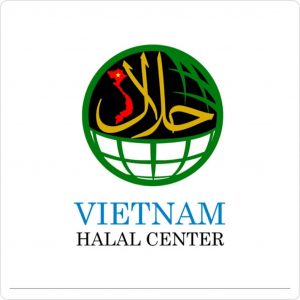Local entrepreneurs are encouraged to tap the growing global market for halal food products, amid rising demand in time of coronavirus disease 2019 (Covid-19).
“Fortunately for the halal industry and in particular in the food sector, halal food is rising in popularity amid Covid-19…,” Department of Trade and Industry (DTI) Undersecretary for Trade Promotions Group (TPG) Abdulgani Macatoman said in a webinar.
Citing a report, Macatoman said concerns over the risk of the coronavirus accordingly had contributed to an increase in people’s awareness about the importance of consuming halal and hygienic foods.
Leany Mokhtar, senior manager of MATRADE’s halal of food and beverage (F&B) and agro-based section, said halal promotes cleanliness to people so the “adoption of halal would be greater than before.”
“Halal does not contain any substance that is considered impure in Islamic law. [It] is not prepared, processed, or manufactured using equipment or utensils that are not free from impurities as defined by Islamic law,” she said.
Mokhtar noted a rising preference in consuming halal products and utilizing services, aside from the Muslim community comprising 11 percent of global consumption.
Noordazleena Mohd Daud, managing director of A-Transglobal Logistics, said global expenditure on halal trade is expected to grow to $2.67 trillion in 2023 and $10 trillion by 2030 from $1.7 trillion in 2012.
Daud said the Philippines is seen to capture about 30 percent of the halal market in Asean, which translates to $15.9 billion of potential businesses.
She underscored the need to develop a certificate scheme first for slaughterhouses, or halal slaughterhouses, and then for food premises, food and drinks, logistics, consumer goods, cosmetics, and pharmaceuticals.




